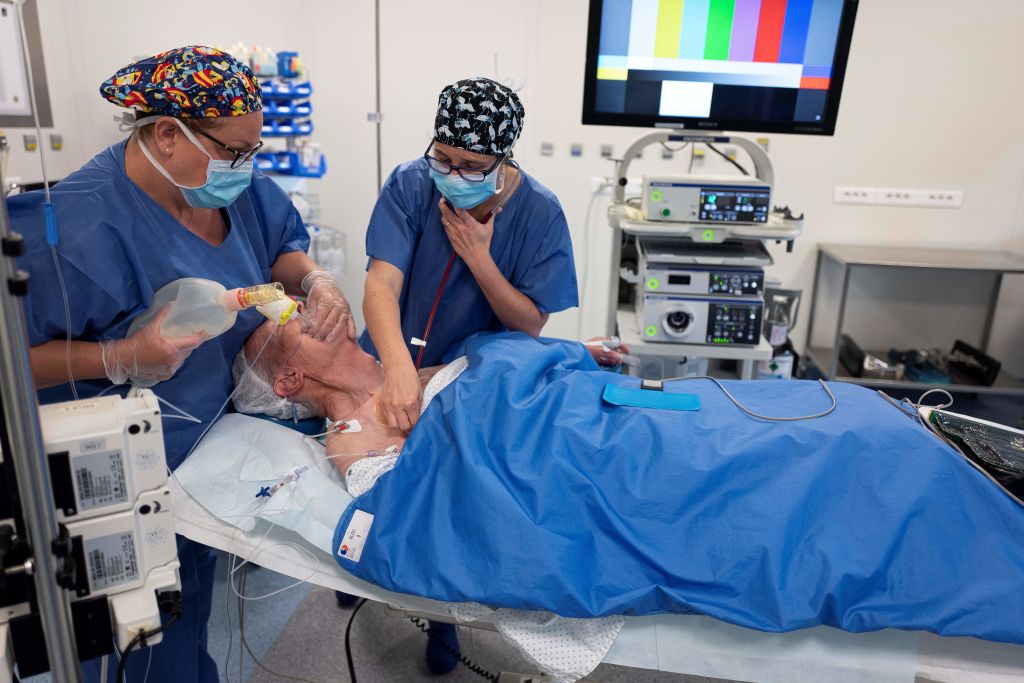Breakthrough AI Tool Shows Promise in Early Detection of Pancreatic Cancer
A recent study has revealed that high-risk patients with early-detected pancreatic ductal adenocarcinoma (PDAC) have a median overall survival of 9.8 years, compared to only 1.5 years for those diagnosed late, earning the disease the moniker “king of cancers.”
Pancreatic cancer, with a survival rate consistently below 10 percent, has been characterized by the tragic losses of Apple’s Steve Jobs in 2011 and Wu Zunyou, the chief scientist at the Chinese Centre for Disease Control and Prevention.
However, a groundbreaking advancement in early-stage screening for this deadly cancer has been achieved through an artificial intelligence (AI) tool created by Chinese scientists. The AI tool, named “Pancreatic Cancer Detection with Artificial Intelligence” (PANDA), is a significant step forward in pancreatic cancer screening, according to Li Ruijiang, an associate professor of radiation oncology at the Stanford School of Medicine.
The development of the PANDA screening model specifically targets PDAC, the primary subtype responsible for over 95 percent of pancreatic cancer cases. With a specificity of 99.9 percent and a sensitivity surpassing average radiologist performance by 34.1 percent, PANDA shows promise but requires further regulatory approval for practical implementation.
Despite the importance of early detection, there is a lack of accessible screening technology for the general population, given the low prevalence of pancreatic cancer. Lead author Cao Kai and Lu Le, the leader of DAMO Academy’s medical team, initiated a research project involving over 10 medical institutions. The research aimed to develop a technology combining non-contrast CAT scans with AI for large-scale pancreatic cancer screening.
PANDA underwent training using over 3,200 image sets, with around 70 percent originating from patients with pancreatic lesions. The extensive dataset, rigorous data processing, and a pioneering training strategy allowed PANDA to emerge as a highly perceptive AI imaging expert. The study revealed PANDA’s efficient detection of lesions in a multi-center validation cohort, surpassing a radiologist’s average performance by 6.3% in specificity and 34.1% in sensitivity for pancreatic lesions.
In conclusion, PANDA exhibits high specificity and sensitivity for detecting and diagnosing pancreatic lesions, showcasing its potential for large-scale screening and early detection of PDAC. This groundbreaking achievement in early-stage screening for pancreatic cancer offers hope for improving survival rates and preventing the tragic losses associated with this deadly disease.







